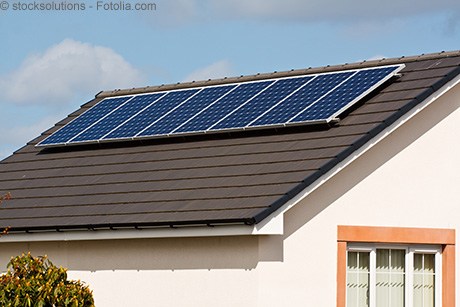A More Efficient Home This Thanksgiving
Consumer home ownership site HouseLogic has a whole list of ways you and your clients can avoid gobbling up more energy than necessary this Thanksgiving. They've mapped out ways to save on energy before Turkey day as well as during the cooking and cleanup processes. Keep these tips in mind, and consider sending them to homeowners and clients who are concerned about the high energy costs of entertaining.
 |
| MXM for HouseLogic |
Before:
- Install a dimmer switches. Every time you dim a bulb’s brightness by 10 percent, you’ll double its lifespan.
- Plan side dishes that can cook simultaneously with the turkey. If you cook dishes at the same temperature at the same time, you’ll reduce the amount of time the oven has to be running.
During cook-time:
- The oven will keep your home cozy, so you can lower your house thermostat a few degrees.
- If you use your oven’s convection feature, you'll reduce the required temperature and cooking time and cut your energy use by about 20 percent.
- Use microwaves and slow cookers whenever possible, as they both use less energy than ovens overall.
After the meal:
- Scrape plates instead of rinsing. Then, use your dishwasher (on the air-dry setting) on whatever dishes you can, as it saves both energy and water.
- Compost your non-meat food waste.
Houselogic doesn't just dole out energy tips; they also have a separate piece all about how to clean up after thanksgiving in half the time. Cheers!
Source: "9 Ways to Avoid Gobbling Up Energy on Thanksgiving," Houselogic (Nov. 12, 2012)




















